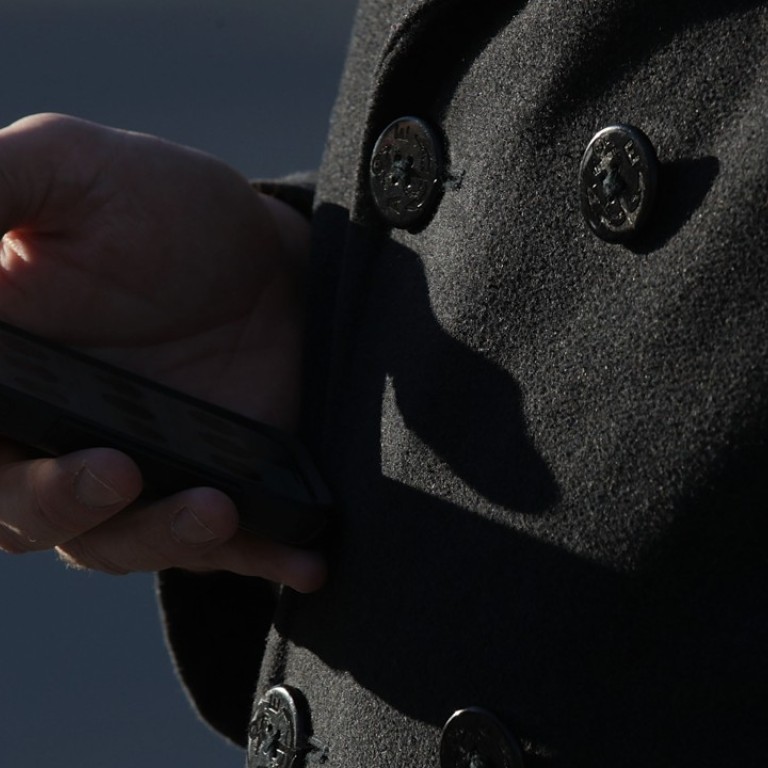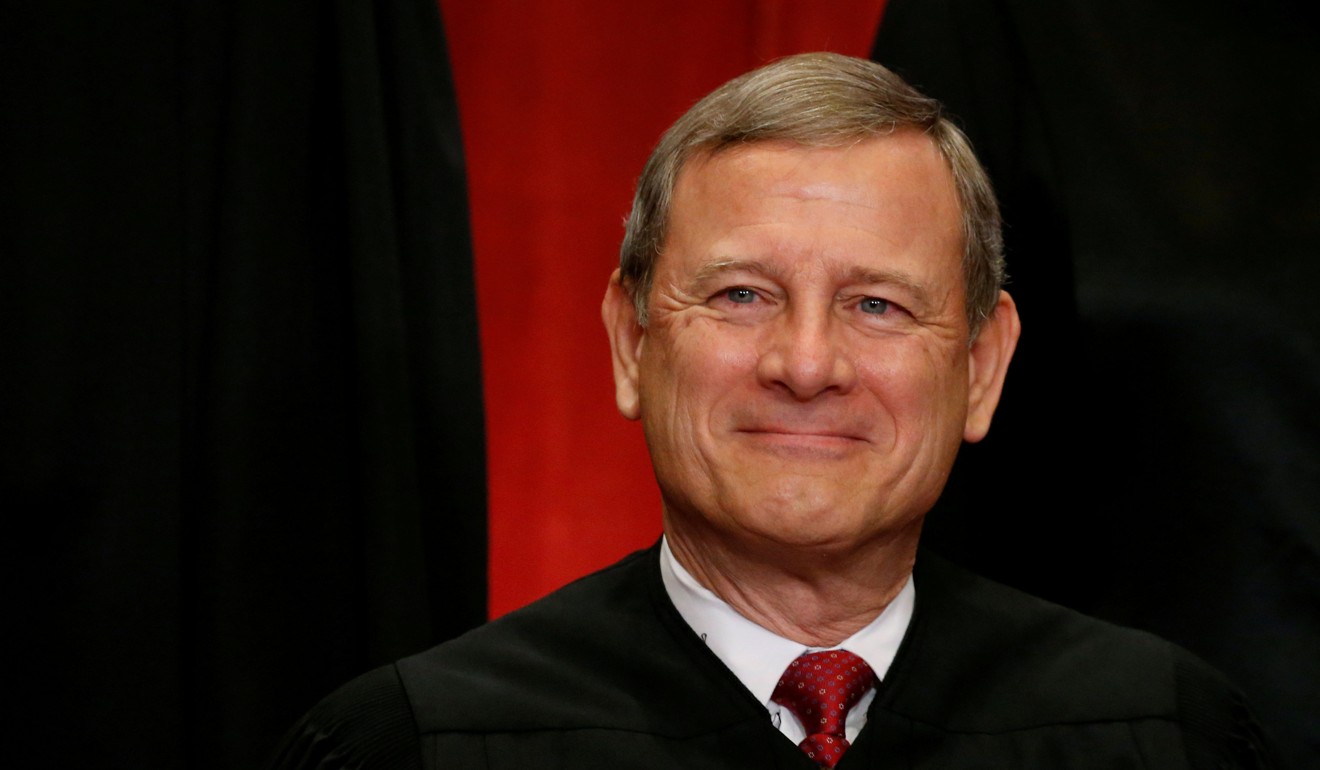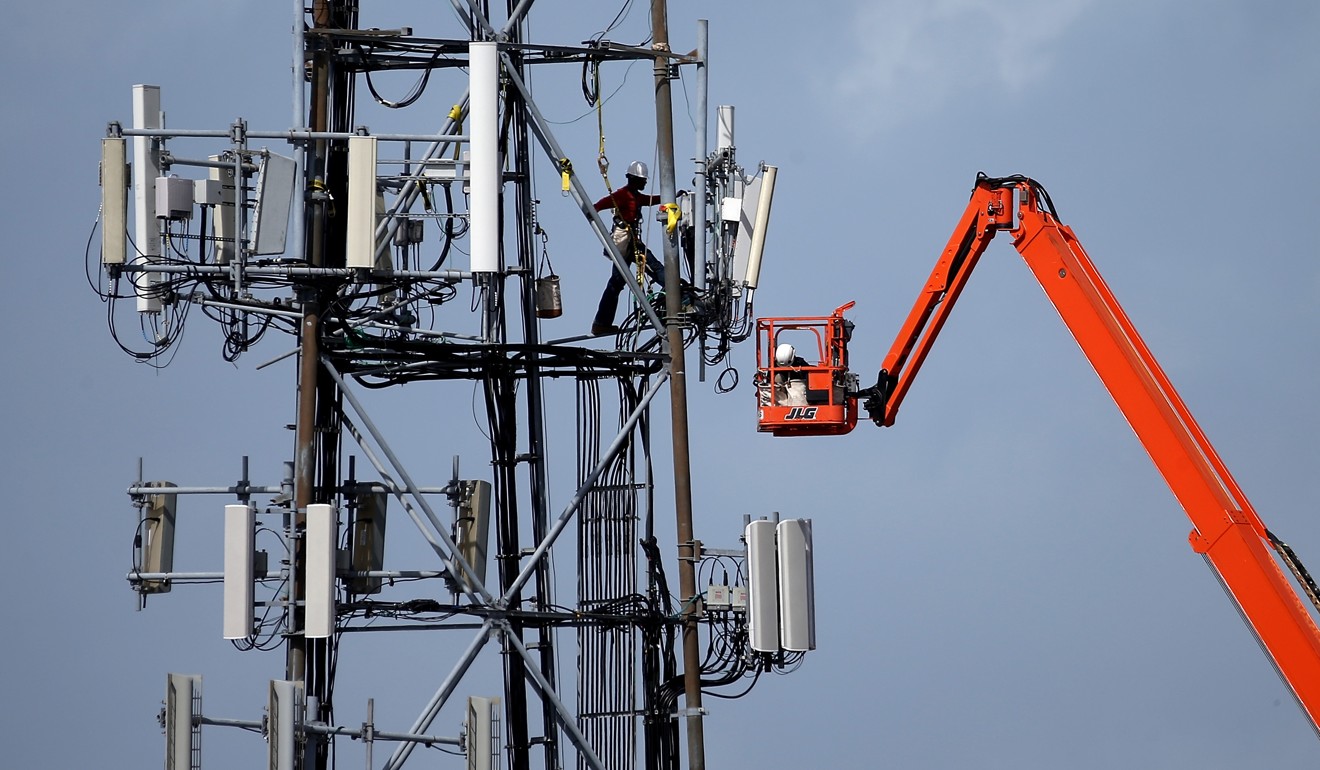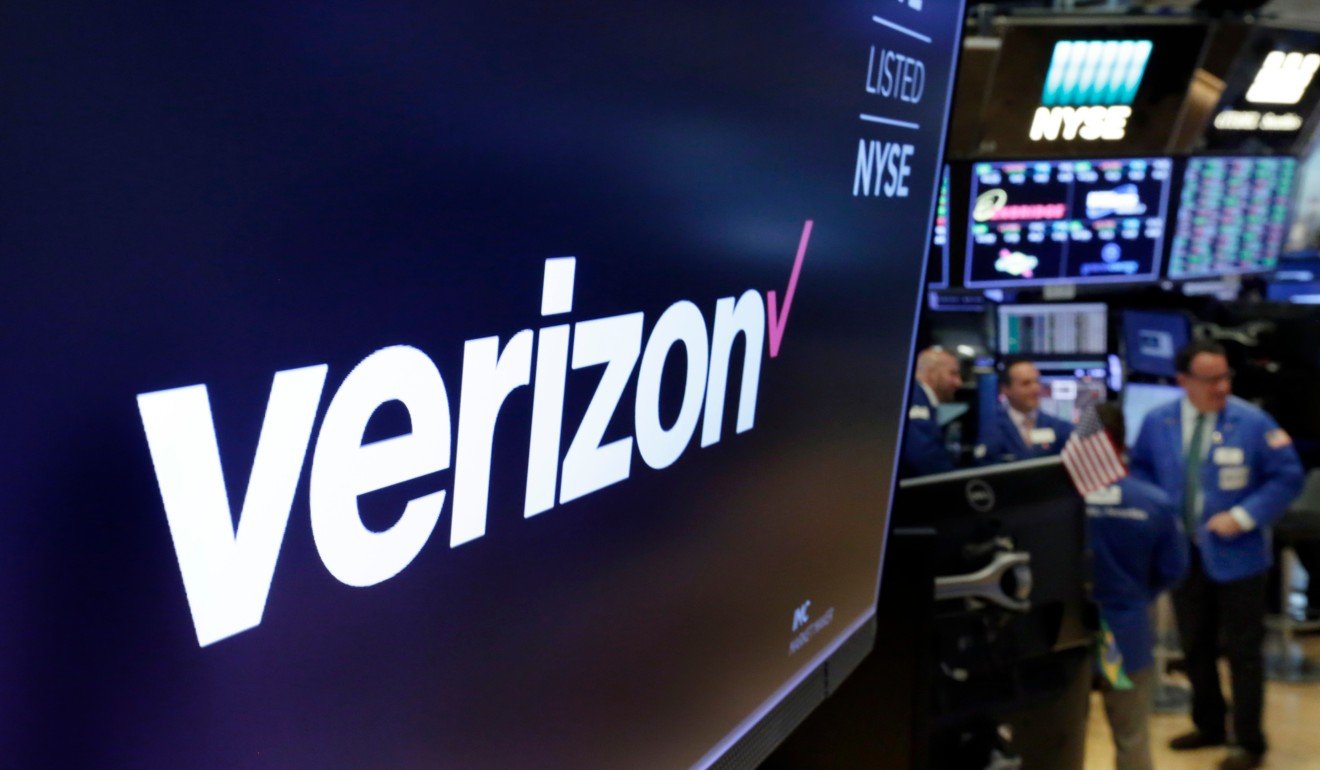
In a win for digital privacy, US top court rules warrants are required for mobile phone location data
In a 5-4 decision, Supreme Court finds the police practise of obtaining such information from telecoms without a warrant amounts to unreasonable search and seizure
The US Supreme Court imposed limits on Friday on the ability of police to obtain cellphone data pinpointing the past location of criminal suspects, a ruling that was a victory for digital privacy advocates and a setback for law enforcement agencies.
By a 5-4 vote, the court found that police generally need a court-approved warrant to gain access to the data, setting a higher legal hurdle than previously existed under federal law.
The court said that obtaining such data without a warrant from wireless carriers, as police routinely do, amounted to an unreasonable search and seizure under the US Constitution’s Fourth Amendment.
In the majority opinion written by Chief Justice John Roberts, the court decided in favour of Timothy Carpenter, who was convicted in several armed robberies at Radio Shack and T-Mobile stores in Ohio and Michigan with the help of cellphone location data that linked him to the crime scenes.

Roberts, a conservative, was joined by the court’s four liberal justices. The court’s other four conservatives dissented.
“We decline to grant the state unrestricted access to a wireless carrier’s database of physical location information,” Roberts said. He added that the ruling still allowed the police to avoid obtaining warrants for other types of business records.
Roberts said that the ruling did not address other emerging digital privacy fights, including whether police needed warrants to gain access to real-time location information.
US Secret Service allowed use of warrantless intrusive phone tracking
The high court endorsed the arguments made by Carpenter’s lawyers at the American Civil Liberties Union, who said that police needed “probable cause”, and thus a warrant, to avoid a Fourth Amendment violation.
Justice Anthony Kennedy wrote in a dissenting opinion that the ruling could put “criminal investigations at serious risk in serious cases, often when law enforcement seeks to prevent the threat of violent crimes.”

The case underscored the rising concerns among privacy advocates about the government’s ability to obtain an ever-growing amount of personal data.
Friday’s ruling was the third in recent years in which the court has resolved major cases on how criminal law applies to new technology, on each occasion ruling against law enforcement.
US Supreme Court ruling protects privacy of suspects’ mobile phones
In 2014, it required police in most instances to obtain a warrant to search a cellphone’s contents when its user is arrested.
In 2012, it decided that a warrant was needed to place a GPS tracking device on a vehicle.
Police helped establish that Carpenter was near the scene of the robberies by securing from his cellphone carrier his past “cell site location information” that tracked which cellphone towers relayed calls. His bid to suppress the evidence failed and he was convicted of six robbery counts.

Carpenter’s case will now return to lower courts. His conviction may not be overturned because of the other evidence linking him to the crimes.
The US Justice Department had argued that probable cause should not be required to obtain customer records under a 1986 federal law called the Stored Communications Act. Instead, it argued for a lower standard – that prosecutors show only that there are “reasonable grounds” for the records and that they are “relevant and material” to an investigation.
Users leave Facebook for closed forums like WhatsApp amid privacy fears, fake stories and toxic debate
In the ruling, Roberts said the government’s argument “fails to contend with the seismic shifts in digital technology that made possible the tracking of not only Carpenter’s location but also everyone else’s”.
The decision was issued during a time of rising concern over surveillance practises of law enforcement and intelligence agencies and whether companies like wireless carriers cared about customer privacy rights. The four biggest US wireless carriers – Verizon Communications, AT& T, T-Mobile US and Sprint – receive tens of thousands of these requests from law enforcement agencies each year.

